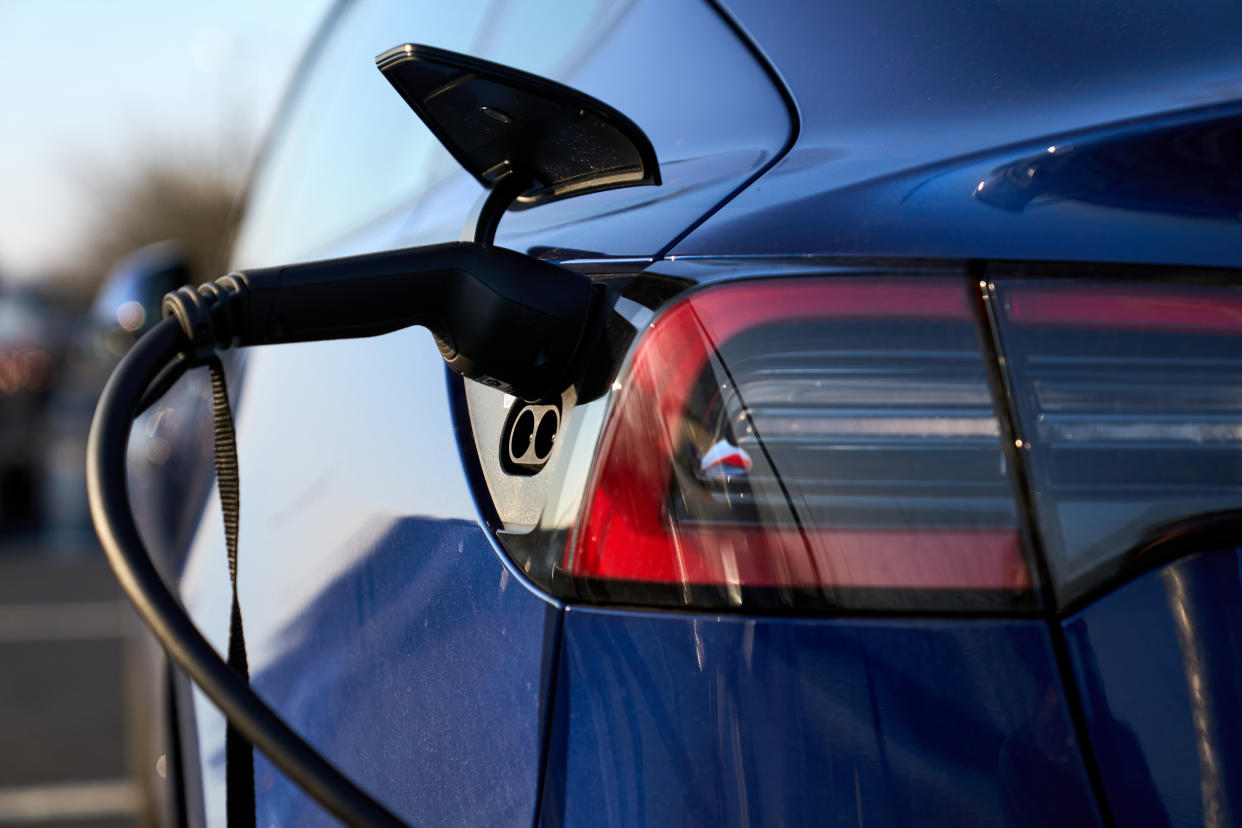Electric car demand rises but cost of living delays many from making switch

More drivers than ever before say their next car will be electric but that switch has been postponed further into the future as the cost of living crisis bites.
As many as 14% of drivers plan to go electric when they next change vehicles, according to the RAC Report on Motoring 2022. This represents an increase from 10% in 2021 and a significant rise on the figure of 3% in 2018.
However, the proportion of drivers who do not know when they will acquire their first electric vehicle has increased to 42% from 36% in 2021.
As a result, those expecting to get an EV in the next five years has dropped from 17% to 15% in 2022. Similarly, the proportion who think they will be driving electric in five to 10 years has declined from 25% last year to 21% this year.
Read more: One in every four cars in UK over 13 years old
RAC EV spokesman Simon Williams said: “It’s great to see an increasing proportion of drivers saying they will go electric next time they change their vehicles, with more than twice as many saying their next vehicles will be zero-emission than before the pandemic.
“But at the same time, it’s also very worrying that there are currently so many factors hindering take-up. A combination of the effects of COVID, ongoing availability issues in the new car market due to a global microchip shortage and the squeeze on household finances brought about by the cost-of-living crisis mean people keen to get into an electric vehicle/ are likely to put off doing so. Rising interest rates will also inevitably have a detrimental effect on the number of people who choose to buy new cars on finance.
“It’s very important to realise, however, that for those who can afford to make the switch it’s still cheaper to drive electric. While the rising cost of domestic electricity means the savings aren’t as great as they were, those who can charge at home are able to save 10p a mile compared to those driving a 40-mpg petrol car."
Among those not planning to change their vehicle in the next five years (15%), the majority (77%) say this is simply because they are happy with their current model. But 14% point to rising costs elsewhere (for example energy and fuel), while 8% blame high second-hand vehicle prices and the same proportion (8%) say their income has reduced as a result of the pandemic.
Last year, the most common reason behind drivers planning to go electric was concern about the environmental impact of petrol and diesel cars, cited by 66% – a figure which has fallen to 57% in 2022. This has been overtaken by the appeal of lower running costs, highlighted by 64% of drivers compared to 52% a year ago.
Being able to charge their cars at home is a major appeal for 56% of those drivers who plan to choose an electric vehicle next. Some 33% say they only drive short distances so will be better suited to electric vehicles, 29% say they are attracted by the fact electric cars have fewer mechanical parts that can go wrong, and 27% like the fact they will not have to pay clean-air zone or congestion charges.
Read more: Electric vehicle drivers forced to charge at home amid inadequate public network
The RAC Report on Motoring, however, also found that 33% of drivers do not have anywhere where they could charge an electric vehicle at home – 16% are only able to park on the road where there currently no public charge points available while 8% rent their homes so cannot install a domestic charge point themselves and 9% have a designated parking space but nowhere to have a charger installed.
“We must not let the growing desire to go electric be derailed by rising electricity costs, higher interest rates and vehicle availability issues. We urgently call on the government to reintroduce the £1,500 plug-in car grant for EVs below £30,000 as this had been successful in encouraging manufacturers to bring out cheaper models. The Government should also reduce the rate of VAT on public charge points to 5% to ensure the third of people who can’t charge at home are not disadvantaged,” Williams said.
“With the ban on the sale of new petrol and diesel cars just over seven years away, it’s vital as many people as possible are able to switch to electric, and this will only happen if EVs become more affordable.”
Watch: EV adoption is like 'the chicken and the egg'


